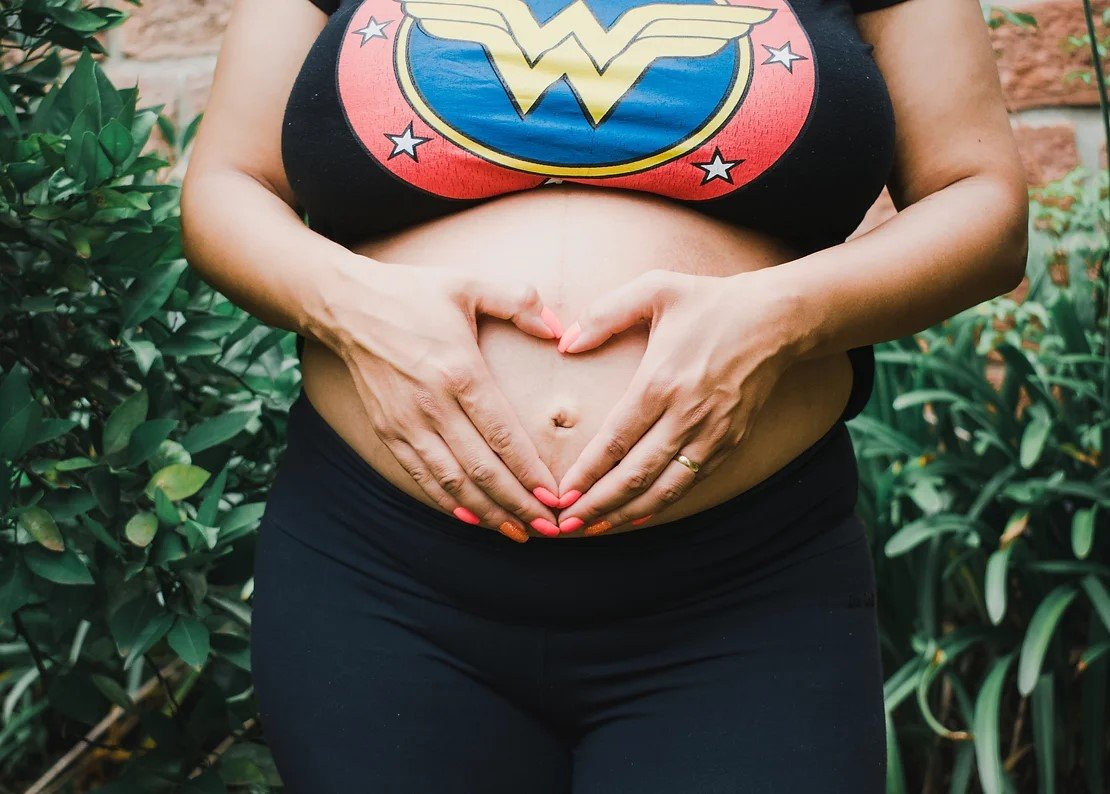REFRAMING BELIEFS - A POSITIVE VIEW OF BIRTH
REFRAMING BELIEFS - A POSITIVE VIEW OF BIRTH
Updated: Jun 11, 2022
What we see is a reflection of who we are, where we are at on our life's journey, and what we believe. Birth is our mirror. (1).
PHOTO BY ON UNSPLASH
Everyone's experience of birth is unique and valuable. Every woman's journey is exactly that; hers and she should feel that it is respected and cherished. Our collective consciousness of birth is vast and women innately know how to birth their babies. Birth is a very primal and private thing and for most of civilisation women have been birthing their babies unobserved and undisturbed.
It's only in recent history that midwives and doctors have been part of the birthing process. Indeed the term midwife (the old English word translate as - ‘With Woman’ and in French - ‘Wise Woman’) was most often a mother, your own, a collective mothering elder of your village or tribe who supported you during your birthing experience. The main role of this person was to protect the birth space and use her intuition to respond through observing with her eyes and listening rather than touching.
In the traditional sense, a midwife was skilled at reading and understanding the birthing woman's needs and was not solely focused on the physiological functioning and stages of birth. She could support the birthing mother, instinctively knowing what would make her more comfortable or relaxed and remaining fully present in the moment to respond to the mothers uniquely, personal experience.
Our ancestors birthed without medical intervention and with no increased risk. Yet what is more common in our culture today and what we see played out through the media is how distorted the topic of birth has become. Today our collective understanding or experience of birth has become predominantly negative. The process of giving birth is all too often projected as painful or traumatising, both in the media and in the use of existing birthing terminology. It seems that increasingly over the past few decades, birth in its natural state, where the mother is driving her birthing experience, has been portrayed as unsafe.
The over-riding message that seems to be promoted is that to be safe, birth must be controlled. The impact of this has resulted in a system of perinatal care that does not always value or prioritise the woman's own views, feelings and opinion. Our current system of care follows a policy of active management, which basically means management of labour. The word management and birth do not sit well together and this explains it brilliantly;
"As a human, female, physiologic process, labour is both a universal phenomenon and a highly individual experience. It is predictable that it will occur, but unpredictable and idiosyncratic in its actual occurrence. Despite attempts to package labour into discrete phases and stages, it is better understood as a whole, with an ebb and flow and rhythms of its own. It is intensely physical and emotional, consuming all of one's attention and energy, yet life-giving and empowering in that intensity. How then is it possible to manage labour?" (2)
Finding Sanctuary in today's birthing landscape
In today's landscape it is safe to say birth is viewed more like a business and alongside all our amazing scientific advancement and medical support, it feels like we have lost our way. The birthing woman is no longer the centre stage and the medical procedures and professionals are often put on a . The very nature of birth demands that fear be present. Indeed without the emotion fear, the amazingly intricate cocktail of hormones which are responsible for the onset and progression of labour, would cease to function. Birth brings many emotions and fear is one of them. Birth is an involuntary process and therefore by its very nature, trying to control it, in fact, has the opposite effect. By trying to control this process we could create unnecessary risk.
Birth can be magical, transformative, miraculous and life changing. Yet it is also a very primal act, intrinsically part of human nature, and naturally occurring. We have all had experience of birth in some way, be it our own birth or the birth of our own child and it should be something which connects us.
Every woman should have the right to choose how she births, and the perinatal care provided should respect and value each woman and her needs. What about a perinatal care system that supports women so they feel informed, empowered and loved whether they have a hospital birth, a free birth, a caesarean, a waterbirth or a homebirth.
This is paramount to creating a more positive framework and social conscience around the topic of birth. As Michael Odent stated in his talk 'a turning point in the history of birth', birth is cultural. It's not just a topic for midwives, Obstetricians, birth professionals, pregnant women and their partners; it's a topic for everyone. It's a topic for everyone as it impacts on humanity in such a monumental way. Parenting is an all-consuming role. It is incredibly physically, mentally and emotionally intense and as a result demands a great deal from the individual. How we nurture and care for pregnant women and how we respond to women in labour and post natally, determines how supported, strong and valued she feels. This has a direct impact on the new life coming into this world and on the future make up of that individual. Cultivating a society made up of conscious Individuals who recognise their responsibility in caring for themselves, each other and the environment starts from birth. So how we respect, nurture, support and value women as they grow and birth their babies is surely of invested interest to us all.
Positive actions for mamas to be
1. Find Your People - surround yourself with people who love support and believe in you, absorb that energy to strengthen your self belief.
2. Be Informed - Choices are always available, finding what works for you, what sits well with your views is so important. Do some reading - check the upcoming blog post 'Good reads for Mamas to be'
3. Positive Vibes - Seek out positive stories, experiences and imagery around birth. Talk to different people, watch some birthing films that show birthing traditions across different cultures and find what sits well and resonates with you.
Photo by Laercio Cavalcanti on Unsplash
Links Active management of labour. Aims Journal, Volume 10 No.2, Summer 1998 http://www.aims.org.uk/Journal/Vol10No2/activeManagement.htm
References (1) V.S Robinson, The Birthkeepers. (2) Kaufman KJ, Effective control or effective care, (roundtable debate: active management part 2) Birth, 1993; 20(3): 150-61


